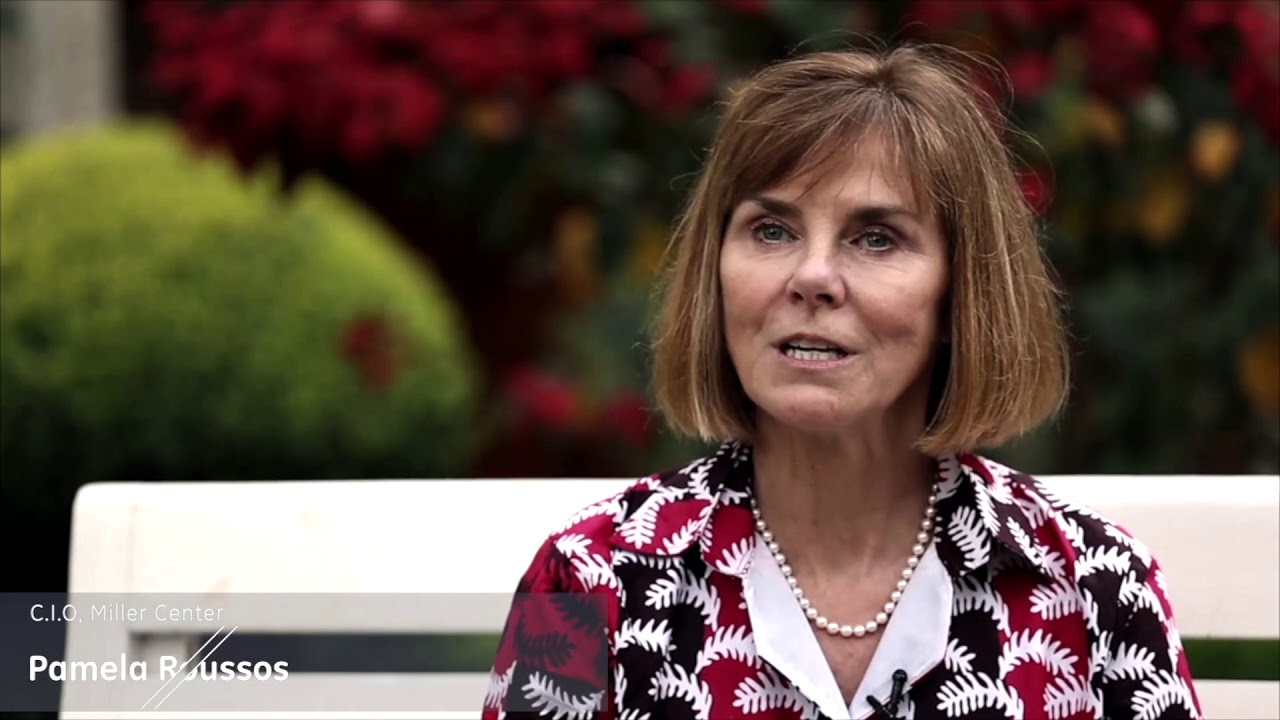How Corruption Damages a Society
Our societies are just like human organisms: they fall ill and get cured. When handled badly, by selfish and greed officials, practicing all forms of corrupt actions, our society becomes ill, weak, and can eventually break down. Corruption is a cancer to our society. It undermines the growth and development of any society. So, you want to know about how dangerous and damaging corruption is to the society? The following are some of its damaging effects on any society:
On Economy
Corruption poses a very serious threat to the economy of a society. No matter how economically powerful the society is corruption weakens the economic growth of that society. Officials in a corrupt society mismanage the economy, loot the public treasuries, and allow embezzlement and inflation to take over. Contracts, which are meant for public services, are diverted to service the private pockets of the officials. What does this means to the masses and the nation’s economic growth? It means that the poor masses have nothing to enjoy and the economy remain stagnant. In Africa; for example, economists are of the view that one of the reasons why corruption is widely practice in the region is because corruption has primarily taken the form of rent extraction. Researchers from the University of Massachusetts estimated that from 1970 to 1996, capital flight from 30 sub-Saharan countries totaled $187 billion, exceeding those nations’ external debts. In Nigeria, for example, more than $400 billion was stolen from the treasury by Nigeria’s leaders between 1960 and 1999. This means that, for African countries like Nigeria, the poor is in a very critical condition. This is because, aside from the rising prices of commodities in consequence of inflation created by the officials through the offering of “economic rent” — bribery and misappropriation– the poor can hardly enjoy anything from his country, and the consequences, as we have been seeing, is the continuing rage of anger and violence on the part of the marginalize poor to overcome, by any means necessary, the huge gap between them and the wealthy that has left them almost into nothingness.
On Polity
Corruption undermines democracy and good governance. In election, for example, where the electorates vote the candidate that they think will improve the quality of their lives, corruption damages this chance by sabotaging electoral processes with bribery and fraud. Wherever we look at it, whether it’s in politics or in governance, corruption reduces accountability, distorts representation in policymaking, and compromises the rule of law in judiciary. In the Third World countries, where corruption is more rampant, rule of law is breached in consequence of grave abuse of power, making the checks and balances almost impossible. This is very serious in the face of the nation’s public administration and citizens’ survival.
On Societal Development
Corruption slows down economic growth and discourages investment. How can a society develop in a land tainted with corruption? Any society that is willing to develop itself, engage itself in prudent practices and transparent administration must avert corruption. But corrupt societies find it difficult to avert looting public treasuries and, therefore, their development is almost impossible.
Corruption is a lethal threat to any society. It kills the economic development of a nation, weakens political culture, and destabilizes the growth and the development of a society. In the Third World countries, where corruption is widely spread, the poor suffered the most. Unless accountability and punishment is ensured, the authorities will remain corrupt and the society will remain weak and ill.



